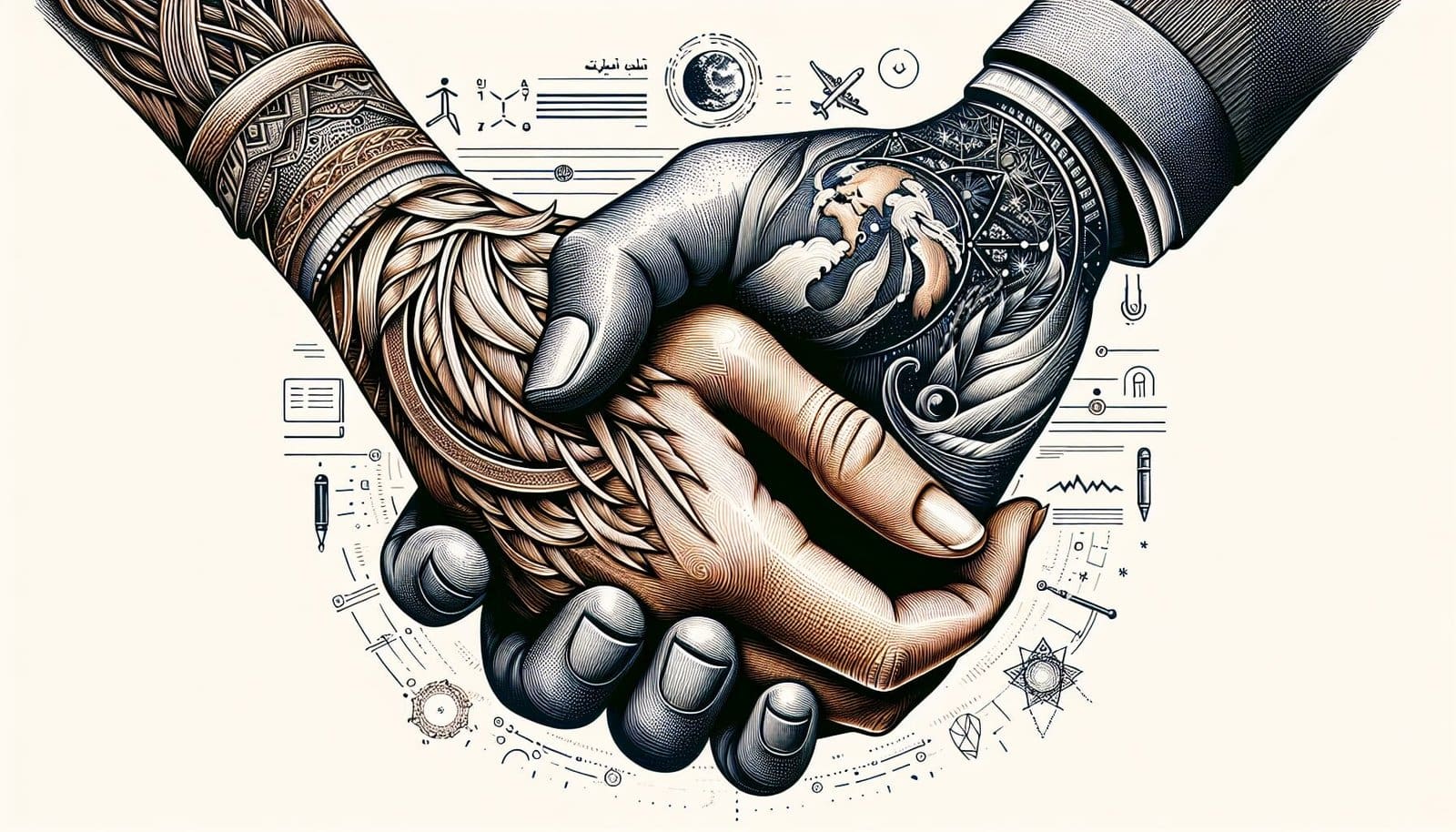In today's fast-paced world, establishing and nurturing meaningful relationships is more important than ever. However, this can be a challenging task without effective communication skills. Whether it's with our friends, family, colleagues, or even strangers, the ability to express ourselves clearly and connect on a deeper level is a vital ingredient for building strong and lasting relationships. In this article, we explore the power of mastering communication skills and how it can transform our connections with others.
Mastering Communication Skills for Building Strong Relationships
Building strong and lasting relationships is essential for our personal and professional lives. One key aspect that underpins the success of any relationship is effective communication. Communication is the cornerstone of our interactions with others, and it plays a crucial role in establishing trust, resolving conflicts, and nurturing understanding. In this article, we will explore various communication skills that can help us improve our relationships, such as active listening, verbal and non-verbal communication techniques, emotional intelligence, trust-building, conflict resolution, empathy, understanding, assertiveness, and adapting communication styles to different personalities.

Understanding the Importance of Communication in Building Relationships
Communication is the foundation upon which relationships are built. It serves as the vehicle through which we express our thoughts, feelings, and desires to others. Effective communication creates a safe space for understanding, trust, and connection to flourish. It allows us to share our joys and sorrows, our dreams and fears, and ultimately helps us form deeper connections with the people around us. By understanding the importance of communication, we can prioritize its role in our relationships and strive to improve our skills.
Developing Active Listening Skills
Active listening is a fundamental communication skill that involves fully engaging with the speaker and demonstrating genuine interest in their thoughts and feelings. When we practice active listening, we give our undivided attention, maintain eye contact, and provide verbal and non-verbal cues to indicate our understanding. By actively listening, we foster a sense of validation and empathy in the speaker, which enhances the quality of the communication and strengthens our relationship with them.
Verbal Communication Techniques
Verbal communication encompasses the words we speak and how we deliver them. To communicate effectively, we must consider factors such as clarity, brevity, tone, and pitch. By using clear and concise language, we ensure that our message is easily understood by the listener. Additionally, being mindful of our tone and pitch can greatly impact how our words are received. By speaking in a friendly and respectful manner, we create a positive environment and encourage open and honest communication.
Non-verbal Communication Techniques
Non-verbal communication refers to the messages we convey through body language, facial expressions, gestures, and posture. These non-verbal cues can often speak louder than words and greatly influence the overall quality of our communication. By being aware of our body language and consciously using it to align with our verbal message, we can enhance the clarity and impact of our communication. Maintaining eye contact, using appropriate facial expressions, and adopting an open posture are just a few ways we can improve our non-verbal communication skills.

Utilizing Emotional Intelligence in Communication
Emotional intelligence is the ability to recognize, understand, and manage our emotions and the emotions of others. It plays a crucial role in effective communication, as emotions can greatly influence our interactions. By developing emotional intelligence, we become more skilled at recognizing and acknowledging our own emotions, as well as the emotions of others. This awareness allows us to tailor our communication style accordingly, showing empathy and understanding, and fostering deeper connections in our relationships.
Building Trust through Effective Communication
Trust is a vital component of any successful relationship. Effective communication plays a significant role in building and nurturing trust between individuals. By being open, honest, and reliable in our communication, we demonstrate our trustworthiness to others. Active listening, clear and transparent communication, and following through on commitments are all ways in which we can foster trust in our relationships. When trust is present, relationships thrive, and bonds deepen.
Resolving Conflict through Effective Communication
Conflict is a natural part of any relationship, but how we communicate during challenging times can determine whether the conflict strengthens or weakens the relationship. Effective communication skills are crucial in resolving conflicts in a healthy and productive manner. By actively listening to all parties involved, expressing our thoughts and feelings assertively and respectfully, and seeking understanding and compromise, we can navigate conflicts and come to mutually satisfactory resolutions.
Expressing Empathy and Understanding
Empathy and understanding are essential components of effective communication. By putting ourselves in the shoes of others and seeking to truly understand their perspective, we create an environment of compassion and empathy. This fosters a deeper connection and promotes open and honest communication. When we express empathy and understanding, we validate the thoughts and feelings of others, affirming their worth and strengthening our relationships.
Developing Assertiveness Skills
Assertiveness refers to the ability to express oneself confidently and respectfully while considering the needs and feelings of others. Being assertive in our communication allows us to effectively convey our thoughts, desires, and boundaries, without infringing upon the rights of others. Developing assertiveness skills enables us to engage in honest and open communication, which promotes understanding and strengthens our relationships.
Adapting Communication Styles to Different Personalities
Every individual is unique, and therefore, possesses their own communication style and preferences. Adapting our communication styles to different personalities is essential for effective communication and relationship-building. By understanding and respecting the communication preferences of others, we can tailor our approach to better connect with them. This flexibility allows for smoother interactions, increased understanding, and more harmonious relationships.
In conclusion, mastering communication skills is crucial for building strong and lasting relationships. By understanding the importance of communication, developing active listening skills, utilizing both verbal and non-verbal communication techniques, employing emotional intelligence, building trust, resolving conflicts, expressing empathy and understanding, developing assertiveness skills, and adapting communication styles to different personalities, we can enhance the quality of our relationships and foster deeper connections with the people around us. With practice and dedication, we can become proficient communicators and enjoy the benefits of strong and fulfilling relationships in all aspects of our lives.








